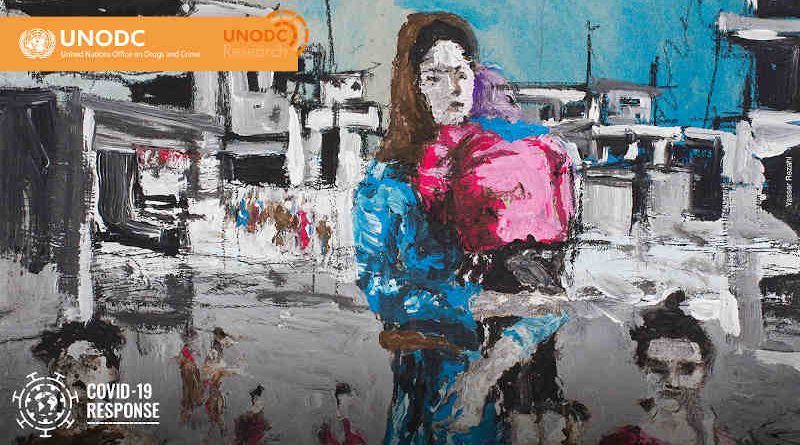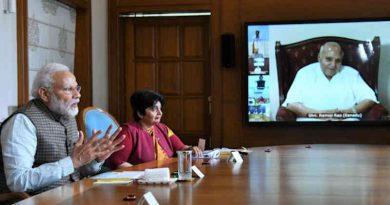UNODC Research Reveals Impact of Covid-19 on Smuggling of Migrants

The research brief “How Covid-19 restrictions and the economic consequences are likely to impact migrant smuggling and cross-border trafficking in persons to Europe and North America” has been prepared by the UNODC Research Team on Trafficking in Persons and Smuggling of Migrants.
The unprecedented crisis that Covid-19 has suddenly unleashed upon the world is affecting all aspects of society and is likely to have an effect on the routes and characteristics of both regular and irregular migration.
Smuggling of migrants and trafficking in persons will also be affected in certain ways by the crisis. Many factors shape the dynamics of these two criminal phenomena, from the international political and security landscape to macro socio-economic dynamics and national law enforcement capacity – all of which have been affected by the global pandemic.
The impacts of the Covid-19 crisis, and of the measures adopted by governments to contain it, differ across the globe, and the effects of these measures on smuggling of migrants and trafficking in persons are likely to vary from country to country and from region to region.
[ Read and Download RMN Publications ]
According to UNODC, this Research Brief analyses possible scenarios of how smuggling of migrants and cross-border trafficking in persons are likely to be affected by the Covid-19 crisis along mixed migration routes to two important destination regions: North America and Europe.
One of the major consequences of the pandemic is the economic recession resulting from the lockdown measures governments have put in place to contain the diffusion of the virus.
#COVID19 travel and movement restrictions are not stopping the movement of people fleeing conflict, violence, and inhumane conditions.
They have no option but to use the services of migrant smugglers.
📙➡️ https://t.co/s4XjwwRExq#EndHumanTrafficking pic.twitter.com/yOqzY5SZBI— UN Office on Drugs & Crime (@UNODC) May 23, 2020
This paper draws on the dynamics observed during other global economic downturns, such as the 2008 Global Financial Crisis, to assess how the Covid-19-induced recession may affect smuggling of migrants and trafficking in persons in the medium to long term.
The research also reviews available information on current patterns during the Covid-19 lockdown measures and mobility restrictions, and on drivers of migration, as a way to assess possible fluctuations of trends in smuggling of migrants and cross-border trafficking in persons in the near future.





